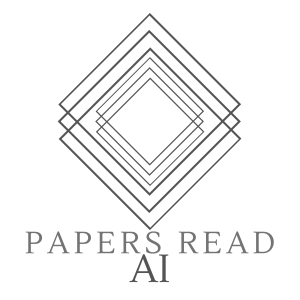
Advancements in model algorithms, the growth of foundational models, and access to high-quality datasets have propelled the evolution of Artificial Intelligence Generated Content (AIGC). Despite its notable successes, AIGC still faces hurdles such as updating knowledge, handling long-tail data, mitigating data leakage, and managing high training and inference costs. Retrieval-Augmented Generation (RAG) has recently emerged as a paradigm to address such challenges. In particular, RAG introduces the information retrieval process, which enhances the generation process by retrieving relevant objects from available data stores, leading to higher accuracy and better robustness. In this paper, we comprehensively review existing efforts that integrate RAG technique into AIGC scenarios. We first classify RAG foundations according to how the retriever augments the generator, distilling the fundamental abstractions of the augmentation methodologies for various retrievers and generators. This unified perspective encompasses all RAG scenarios, illuminating advancements and pivotal technologies that help with potential future progress. We also summarize additional enhancements methods for RAG, facilitating effective engineering and implementation of RAG systems. Then from another view, we survey on practical applications of RAG across different modalities and tasks, offering valuable references for researchers and practitioners. Furthermore, we introduce the benchmarks for RAG, discuss the limitations of current RAG systems, and suggest potential directions for future research. Github: https://github.com/PKU-DAIR/RAG-Survey.
2024: Penghao Zhao, Hailin Zhang, Qinhan Yu, Zhengren Wang, Yunteng Geng, Fangcheng Fu, Ling Yang, Wentao Zhang, Bin Cui
https://arxiv.org/pdf/2402.19473
view more
2024: Penghao Zhao, Hailin Zhang, Qinhan Yu, Zhengren Wang, Yunteng Geng, Fangcheng Fu, Ling Yang, Wentao Zhang, Bin Cui
https://arxiv.org/pdf/2402.19473
More Episodes
Multi-Head RAG: Solving Multi-Aspect Problems with LLMs
 2024-06-21
2024-06-21
 112
112
 2024-06-21
2024-06-21
 112
112
The Future of Large Language Model Pre-training is Federated
 2024-06-03
2024-06-03
 121
121
 2024-06-03
2024-06-03
 121
121
Long-form factuality in large language models
 2024-06-01
2024-06-01
 106
106
 2024-06-01
2024-06-01
 106
106
012345678910111213141516171819
Create your
podcast in
minutes
- Full-featured podcast site
- Unlimited storage and bandwidth
- Comprehensive podcast stats
- Distribute to Apple Podcasts, Spotify, and more
- Make money with your podcast
It is Free
- Privacy Policy
- Cookie Policy
- Terms of Use
- Consent Preferences
- Copyright © 2015-2024 Podbean.com





